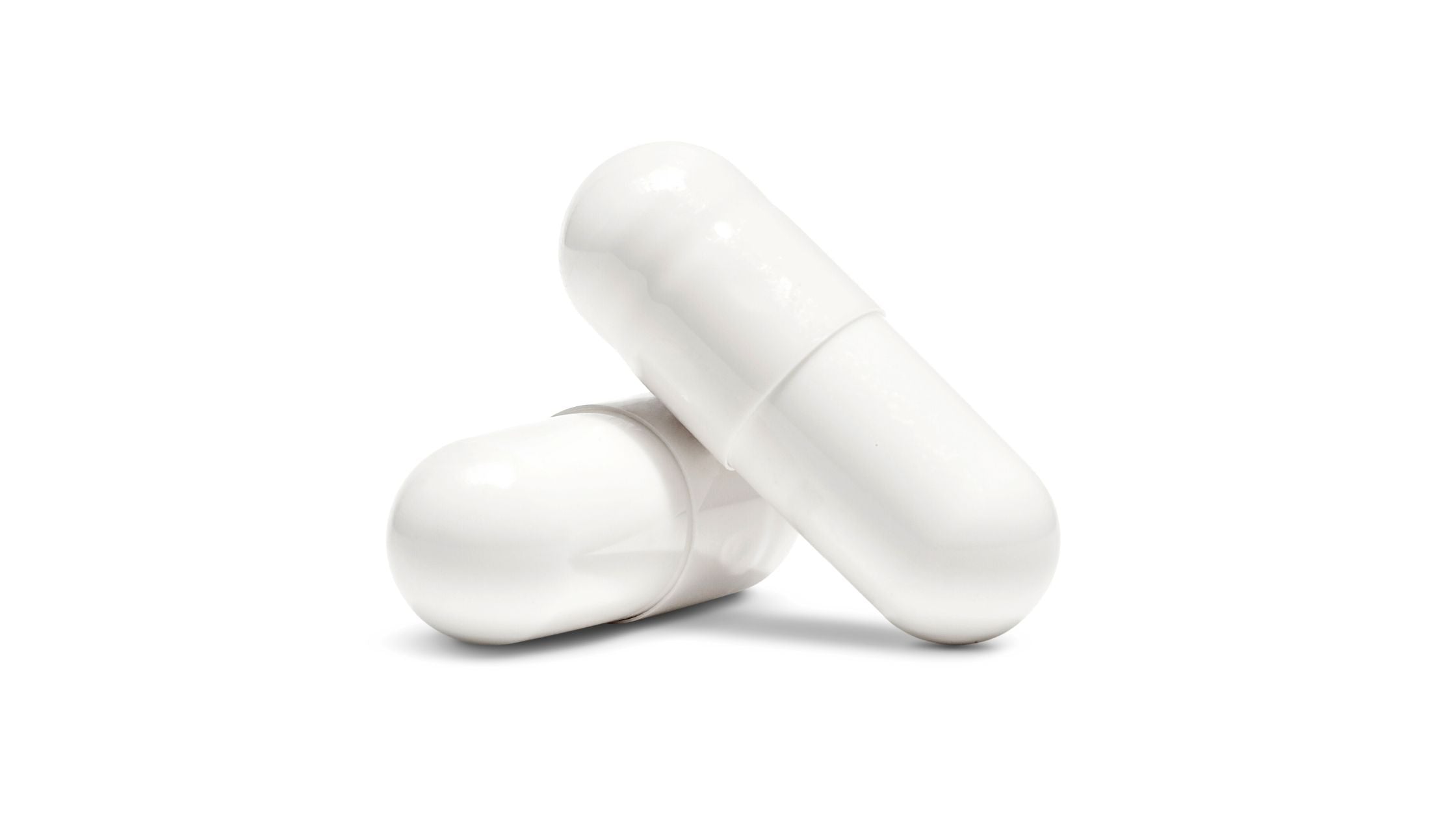Aging Breakthroughs: Rapamycin and Anti-Aging

Medical breakthroughs are often found by accident. One that is getting a lot of buzz is about a common drug used for cancer treatment and organ transplants; rapamycin, and how it may have an effect on the aging process.
We want to preface this article by letting you know that this research is very, very fresh and more studies need to be done. But, we also want to provide you with the interesting information that could lead to future breakthroughs. If you have any questions you should always speak with your doctor.
What is Rapamycin?

Rapamycin is produced by streptomyces hygroscopicus bacterium. It was discovered in the soil on Easter Island in 1972. The drug was developed as an immunosuppressant, which means that it can turn off the immune system. It was approved by the FDA in 1999.
Also known as sirolimus, rapamycin blocks white blood cells so that they don’t reject foreign tissues and organs, like in the case of a life-saving transplant. Cancer patients are sometimes given rapamycin because it helps to slow cell division, which can suppress the growth of tumors. And it’s also an antibiotic.
Rapamycin literally saves lives when it comes to organ transplants and cancer patients. But now there is evidence that it could extend the lives of healthy people and help prevent age related diseases.
Early Rapamycin Anti-Aging Research
In 2006, a researcher in New York hypothesized that rapamycin could potentially slow the aging process. An actual study was published in 2016 that confirmed the hypothesis. Researchers gave small doses of rapamycin to 20 month old mice for three months. Mice generally live for about 30 months, but those who took rapamycin lived for an extra two months on average. One of those mice actually survived for another 2 years! His lifespan was equivalent to 140 human years!
How Rapamycin Works with Aging

Rapamycin may work in the same way fasting does, by restricting calories. In our bodies, the drug signals a mechanistic target of rapamycin (mTOR) This molecule triggers our bodies to sense whether or not we are getting food. When you don’t eat, mTOR is turned off and our bodies go into “emergency mode” to survive “starvation.” We go into autophagy which forces good cells in our bodies to kill bad ones- it’s a self healing process. Rapamycin simulates the process without actually restricting food.
Human studies have not been done yet, but a new study has looked at fruit flies and mice. Clinical doses have adverse effects, but small doses could be a key to longevity. Scientists learned that it works by preventing changes linked to aging in the intestines. Like the 2016 study, the changes caused by the drug were evident months after the mice and flies were no longer being dosed.
There is Still a Long Way to Go!
Rapamycin is a prescription drug and with no human studies available for anti-aging, we really don’t know even short term impact. Rapamycin also comes with some scary side effects. Keep in mind that the drug ca suppress your immune system (remember, it’s approved so organ transplant patients don’t reject their new organs). Studying the drug on healthy people could have dangerous consequences.
In studies done with organ transplant patients, five percent of people said they hated the effects of the drug so much that they would prefer to quit it. The FDA has even said that because of its power to suppress the immune system, it can be life threatening as it opens people up to infections and illness. Information like that makes scientists hesitant to study humans. There is anecdotal evidence of people taking it in very low doses with some success, but those are not scientific studies and should be taken with a grain of salt.
Although it seems promising, time will tell if any humans step forward and offer to use themselves as a guinea pig in a scientific study. In the meantime, we want to stress that rapamycin is a prescription drug, we don’t recommend that you test on yourself, and that if you have any questions you should speak to your doctor.